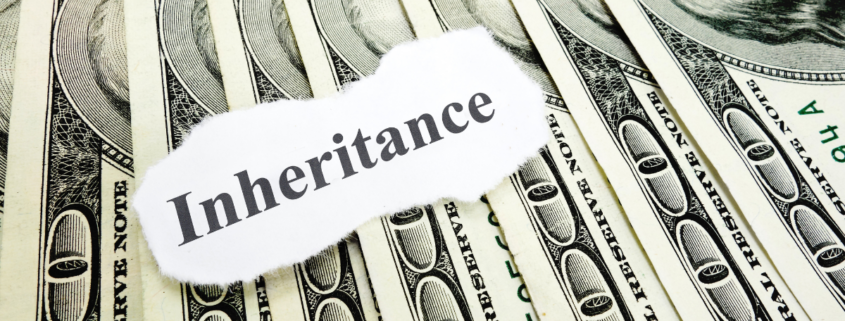Divorce and Your Parents’ Money: Does Any Belong to Your Spouse?
With divorce comes the equitable (or fair) division of marital property (property acquired during the marriage). Generally, assets owned by a spouse’s parent are not considered marital property, so your spouse should not have a valid claim to them. But this is divorce law, so there are possible exceptions that may make your case complicated.
How Would Equitable Division Impact Past Trust Payments or Gifts?
Clarifying which property is marital and what is not is spelled out in Pennsylvania statute (35 Pa.C.S.A. §3501(a)). Under the law, generally, property that is a gift from your parents, directly or through a trust fund, would not be marital property as long as you treat it as separate, personal property:
- Non-marital property: You put it in a bank account with your name, your spouse cannot access it, and you spend it for personal reasons. You buy yourself a car with it or spend it on furnishing your home office.
- Marital property: It is in a joint account, used to purchase marital assets or to pay ordinary marital expenses.
Also not marital property is money you manage for your parents. If you are spending it to benefit them and your spouse has no access and it has not been used for marital purposes, that property belongs to your parents.
How Would Alimony Impact Future Trust Payments or Gifts?
The property you receive after your marriage ends is not marital. A spouse cannot have a claim on a future inheritance, trust fund payments, or gifts from parents you have not received yet as marital property. However, if your spouse is awarded alimony, you may need this future income to pay it.
If you used commingled past trust fund payments and gifts and paid joint living expenses and property with it, they helped you establish your standard of living. If your spouse seeks spousal support or alimony and you agree to it, or a judge orders it if there is no agreement, one of seventeen factors is the standard of living the two of you established during your marriage.
The fact that you improved your standard of living during your marriage by commingling trust payments and marital income may end up aiding your spouse’s argument that alimony should be paid. You may spend future trust fund payments on alimony, so indirectly, your spouse may end up with part of those future payments.
Another alimony factor is the “expectancies and inheritances of the parties.” Alimony amounts can change in the future if there are “changed circumstances of either party of a substantial and continuing nature whereupon the order may be modified, suspended, terminated or reinstituted or a new order made.”
A future inheritance is not marital property, but if you receive an inheritance so large that your circumstances have changed in a “substantial and continuing nature,” your ex-spouse could ask a court to obtain alimony or increase payments after that happens. Like trust payments, though a future inheritance is not marital property to be divided, your spouse may get some of it through increased alimony payments.
On the flip side, if you receive alimony and after your divorce get the benefit of sizable trust fund payments, gifts, or an inheritance from a parent, your ex-spouse may ask a court that their alimony payments be reduced or ended because you no longer need financial support given this extra income you have received.
Equitable Distribution and Alimony Issues Can Get Complicated. Let Us Unravel Them for You.
Contact Karen Ann Ulmer, PC, today if you are considering getting divorced and have questions or have decided it is right for you and need legal representation. Call us at (215) 752-6200 or fill out our online contact form.








